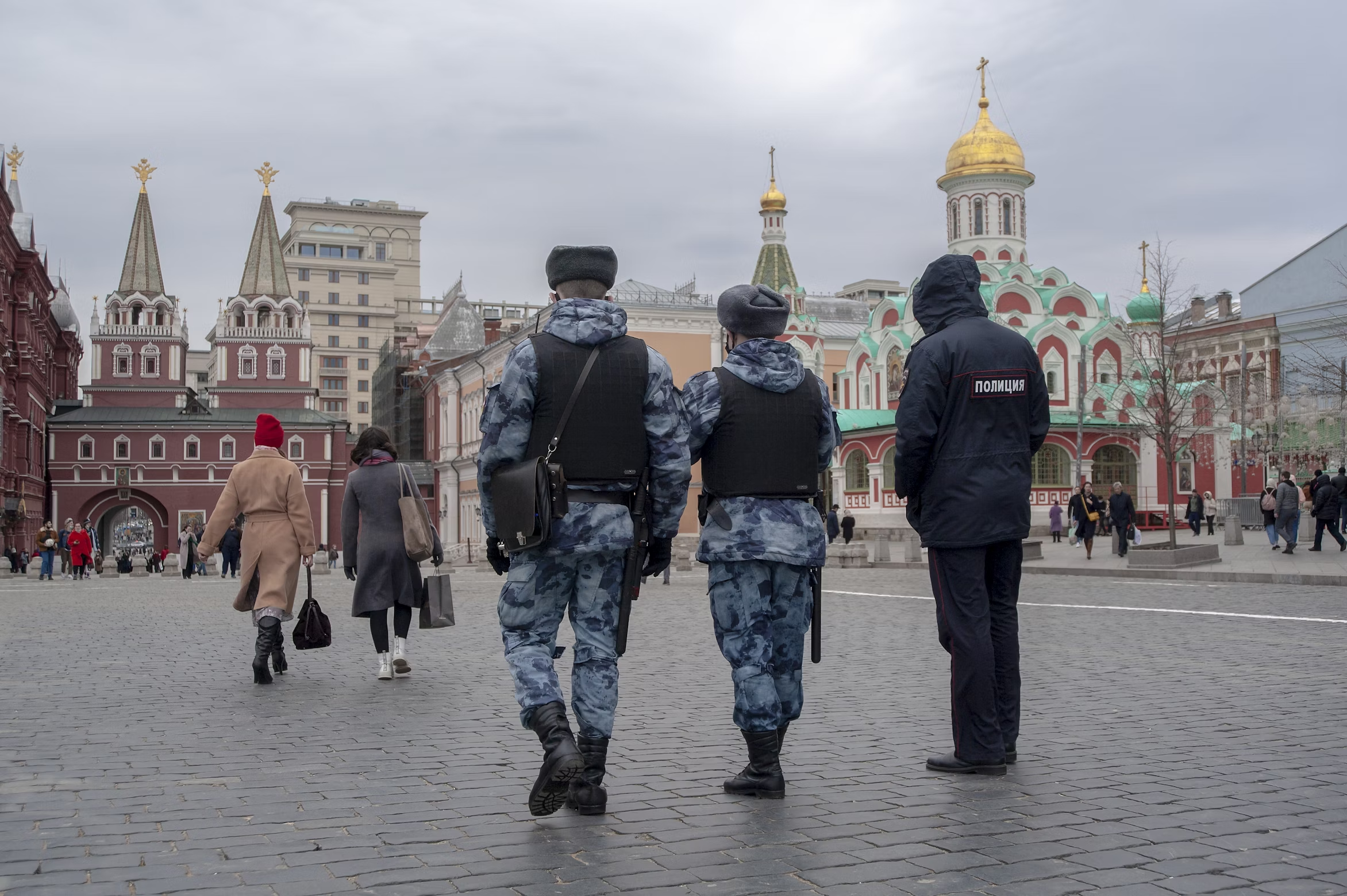Hungary

BRIEFING – Contesting Russia: Lessons from Cen...
Oct 23, 2024Cannon House Office Building, Room 210 Stream live here For years, the countries of Central & Eastern Europe have been a critical warning system for the rest of Europe, sounding […]

The Proliferation of Russian-Style Foreign Agents Laws
Jun 20, 2024In 2012, Russia adopted a foreign agents law which has been used repeatedly to crack down on independent civil society and opposition, closing organizations and jailing dissenters. Over the past […]

BRIEFING – The Proliferation of Russian-Style ...
Jun 13, 2024Thursday, June 20, 2024 2:00 p.m. Cannon House Office Building Room 210 WASHINGTON—In 2012, Russia adopted a foreign agents law which has been used repeatedly to crack down on independent […]
The Case for Getting Tough on Hungary
Nov 28, 2022Sixty-six years ago, ordinary Hungarians bravely stood up to Moscow’s empire of oppression. Yet, on its anniversary, Hungarian Prime Minister Viktor Orbán took aim at Europe, a curious choice given Russia’s […]

European Energy Security Post-Russia
Jun 07, 2022Russia is weaponizing energy to prolong its unlawful invasion of Ukraine. Unfortunately, the sanctions that Europe and the United States have put in place have not been enough to curb […]
European Energy Security Focus of Upcoming Helsinki ...
Jun 02, 2022WASHINGTON—The Commission on Security and Cooperation in Europe, also known as the Helsinki Commission, today announced the following hearing: EUROPEAN ENERGY SECURITY POST-RUSSIA Tuesday, June 7, 2022 2:30 p.m. Watch […]
Upholding OSCE Commitments in Hungary and Poland
Nov 03, 2021Political leaders in Hungary and Poland—U.S. allies and members of the European Union—have for the past decade pursued policies that undermine democracy and the rule of law. In Hungary, the […]

Helsinki Commission to Hold Hearing on Upholding OSC...
Oct 27, 2021WASHINGTON—The Commission on Security and Cooperation in Europe, also known as the Helsinki Commission, today announced the following hearing: UPHOLDING OSCE COMMITMENTS IN HUNGARY AND POLAND Wednesday, November 3, 2021 […]
Tribute to Erika Schlager
Jun 21, 2021I want to acknowledge one individual who recently announced that she is retiring, Erika Schlager, after 34 years of service to the Commission and to the global community. Erika received […]
Sweden’s Leadership of the OSCE
Jun 11, 2021In 2021, Sweden chairs the world’s largest regional security organization—the Organization for Security and Cooperation in Europe (OSCE)—which comprises 57 participating States stretching from North America, across Europe, and to […]
COVID-19 Vaccination Rollouts Expose Underlying Ineq...
Jun 07, 2021By Michelle Ngirbabul, Max Kampelman Fellow, and Shannon Simrell, Representative of the Helsinki Commission to the U.S. Mission to the OSCE More than one year into the COVID-19 pandemic, over […]

